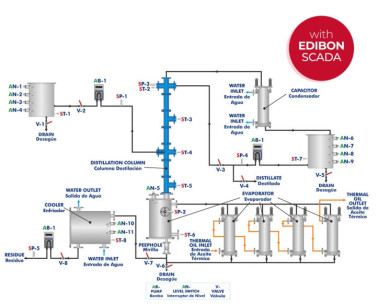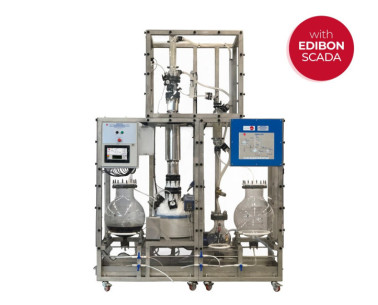 Cookies首选项
Cookies首选项
- Info
- Required cookies
- Functional cookies
- Performance cookies
- Guided cookies
- Analytical cookies
- How to delete cookies
EDIBON使用本公司及第三方的Cookie,用于技术、分析和广告目的,包括基于浏览习惯的用户画像。您可以点击“配置Cookie”接受所有Cookie、根据您的偏好进行配置或拒绝它们。有关更多信息,请参阅我们的Cookie政策。
Required cookies
一直活跃
These cookies are strictly necessary for the operation of the site, you can disable them by changing the settings of your browser but you will not be able to use the site normally.
使用的饼干
Functional cookies
These cookies provide necessary information to applications of the website itself or integrated by third parties, if you disable them you may find some problems in the operation of the page.
使用的饼干
Performance cookies
These cookies are used to analyze the traffic and behavior of customers on the site, help us understand and understand how you interact with the site in order to improve performance.
使用的饼干
Guided cookies
These cookies can be from the site itself or from third parties, they help us to create a profile of your interests and to offer you advertising aimed at your preferences and interests.
使用的饼干
Analytical cookies
Are those that allow the analysis of user behavior on the Website.
使用的饼干
You can enable, know, block or delete the cookies installed on your computer by configuring the options of the browser installed on your computer.
For example, you can find information about the procedure to follow if you use the following browsers:
Firefox from here: http://support.mozilla.org/es/kb/habilitar-y-deshabilitar-cookies-que-los-sitios-web
Chrome from here: https://support.google.com/chrome/answer/95647?hl=es
Explorer from here: https://support.microsoft.com/es-es/help/17442/windows-internet-explorer-delete-manage-cookies
Safari from here: http://support.apple.com/kb/ph5042
Opera from here:http://help.opera.com/Windows/11.50/es-ES/cookies.html

.jpg)
.jpg)

